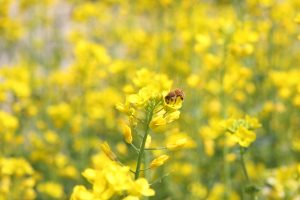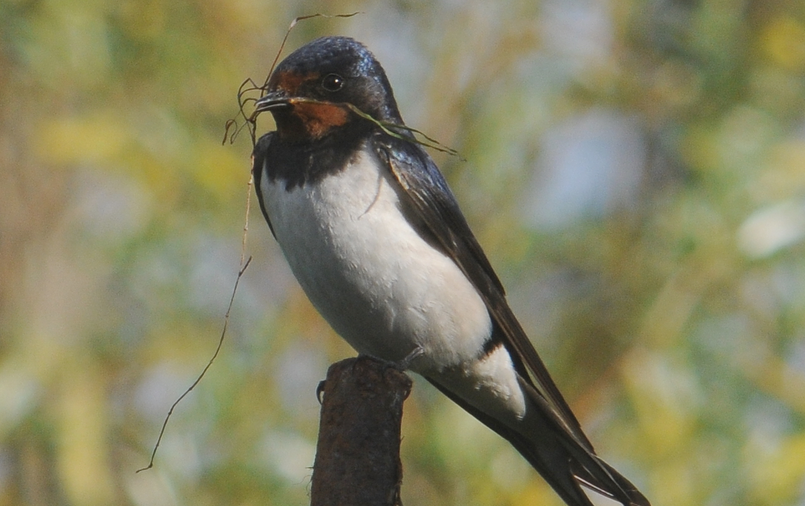Two recent studies have found that organic farming helps to increase populations of birds and honeybees.
The abundance of bird species living in agricultural environments has decreased both in Finland and elsewhere in Europe. Attempts to rectify the situation have been made with the help of agri-environment-climate subsidies. They are granted to agricultural producers by the EU for implementing measures that are presumed to be beneficial to the environment.
As indicated by a recent study conducted in Finland, the proximity of organic animal farms increased the numbers of birds in agricultural environments. By contrast, most of the other environmental subsidies only had a minor impact on bird numbers.
Organic animals have access to pastures, so the complex vegetation and manure attract insects, providing food for birds. Insectivore birds like swallows and starlings especially benefit from organic animal farms.
Research fellow Aleksi Lehikoinen said, “This is something which everyone can influence through their daily purchase decisions and by favoring organic produce.”

Meanwhile, a team of researchers from the CNRS (French Center for Scientific Research), INRA (French National Institute for Agricultural Research), and the University of La Rochelle is the first to have demonstrated that organic farming benefits honeybee colonies, especially when food is scarce in late spring. Their findings were published in the Journal of Applied Ecology (June 26, 2019).
Bees are valuable to humans not only because they produce honey, but also because they pollinate wildflowers and food crops. They exclusively eat nectar and pollen. So in areas where intensive agriculture is practiced, they suffer from the thin supply of flowers in May and June, when cultivated oilseed rape (colza) and sunflower are not in bloom. During that period, pollen collection, honey production, and colony growth slow. The CNRS researchers showed that organic farming can limit this decline. Land on which organic crops are grown offers domesticated bees more resources, especially spontaneous vegetation (unjustly dubbed “weeds”).
After examining data spanning six years for 180 hives in west central France, the researchers found that—compared with bee colonies in areas farmed conventionally—colonies living amid organic farm fields boast 37 percent more brood, 20 percent more adult bees, and 53 percent greater honey production.
(Sources: CNRS, PLOS ONE)





